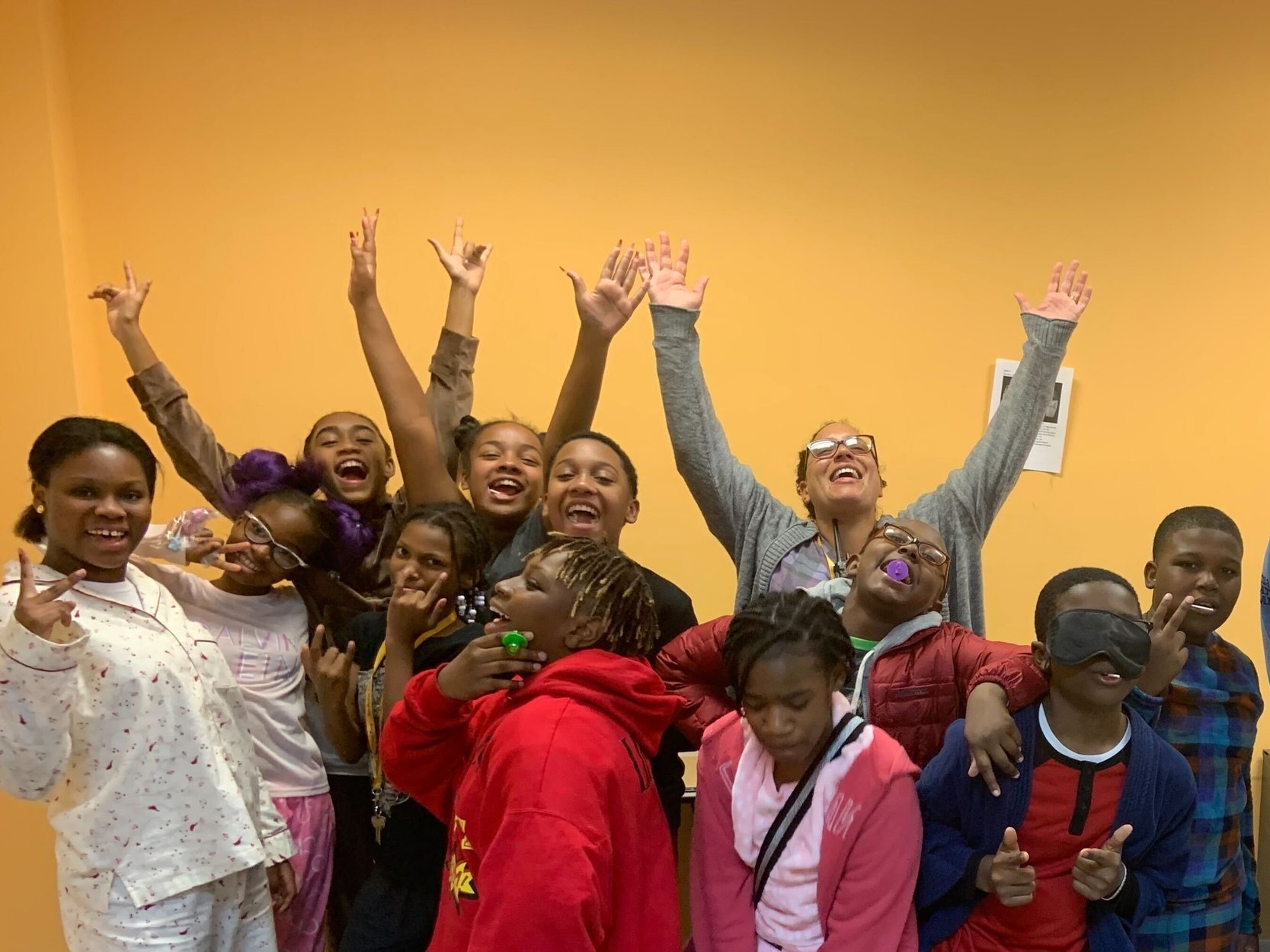Compliance Means Transparency
Board Meetings
Our duties of care, loyalty, and obedience are critical to the needs of Intellectus Prep. We serve as volunteer board members to support the school, its leader, and the students and families who trust us each day.
Board Meetings are Held on the Second Tuesday of Every Month
Board Meetings
District-Wide Safety Plan
2022-2023 Annual Report*
All available information is hyperlinked above. If there is additional information that you would like to see that you do not have access to, please do not hesitate to reach out to us directly at info@intellectusprep.org. Items with asterisks will be available no later than November 1st.
Fact Sheet for Parents
Education Law § 2-d protects student personally identifiable information (PII) from unauthorized disclosure. Additionally, this law provides parents with rights regarding their child's PII. The parent fact sheet explains these rights.
Parent Bill of Rights
Education Law § 2-d mandates that each educational agency develop a Parent Bill of Rights for data privacy and security. The purpose of this document is to provide information to parents and students about certain legal requirements that protect personally identifiable information.
Report an Unauthorized Disclosure
Unauthorized Disclosure Complaint Form for Parents
Parents and eligible students have the right to report an improper disclosure of student information.
Federal Laws that Protect Student Data
Federal Laws that Protect Student Data
Family Educational Rights and Privacy Act (FERPA) – The foundational federal law on the privacy of students’ educational records, FERPA safeguards student privacy by limiting who may access student records, specifying for what purpose they may access those records, and detailing what rules they have to follow when accessing the data.
Protection of Pupil Rights Amendment (PPRA) – PPRA defines the rules states and school districts must follow when administering tools like surveys, analysis, and evaluations funded by the US Department of Education to students. It requires parental approval to administer many such tools and ensures that school districts have policies in place regarding how the data collected through these tools can be used.
Children's Online Privacy Protection Rule (COPPA) – COPPA imposes certain requirements on operators of websites, games, mobile apps or online services directed to children under 13 years of age, and on operators of other websites or online services that have actual knowledge that they are collecting personal information online from a child under 13 years of age.


